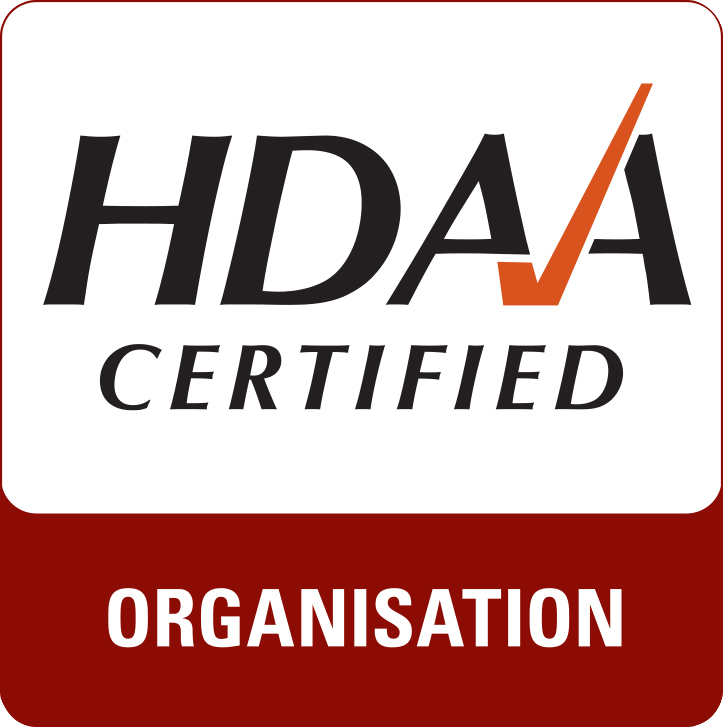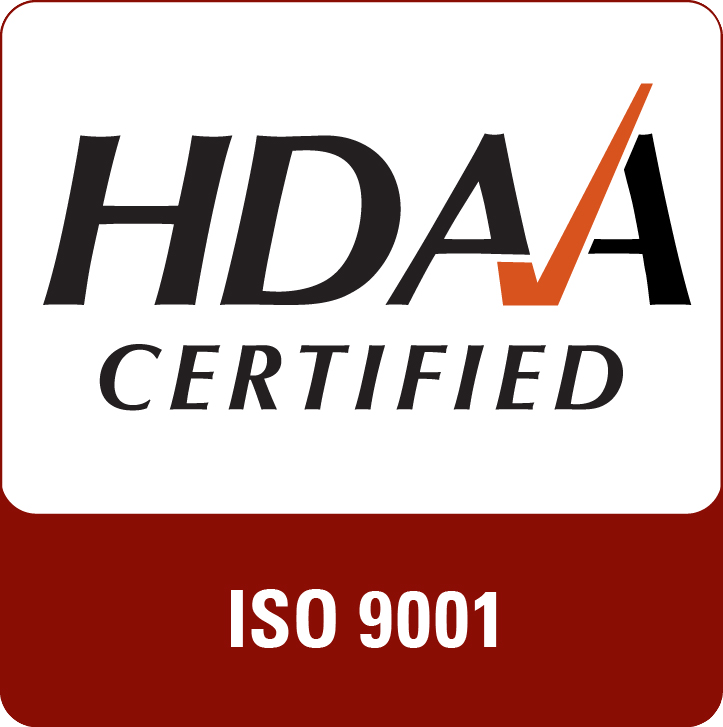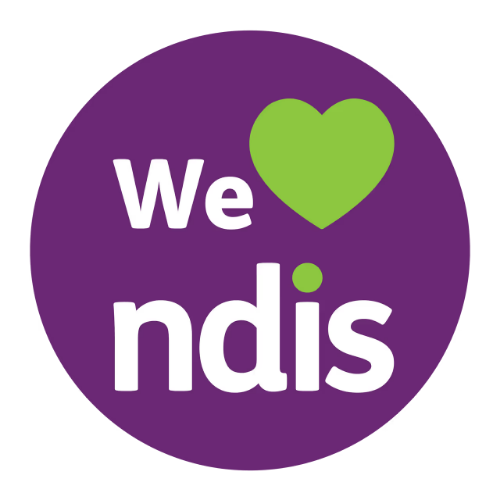The NDIS makes sure that everyone who needs support, gets support. Subsequently, the eligibility criteria is quite broad. Of the estimated 4.3 million in Australia living with a disability, an estimated 500,000 will receive funding from the NDIS by 2025.
Specifically, an applicant to the NDIS meets the eligibility requirements when they satisfy:
- Both the age and residency criteria.
- Either the disability requirements or the early intervention requirements.
Want to know the details that matter? We’ve examined the legislation and summarised the eligibility requirements. Let’s examine those now, so you can determine if you’re eligible to access the NDIS.
Absolute Care & Health is a leading NDIS care provider. We can provide guidance around where to access information and which organisations can help with an application.
1. Age requirements: You must be under 65 years old
You must be under 65 years of age when the National Disability Insurance Agency (NDIA) receives your access request. Is the age requirement really that simple? Absolutely. It’s that simple.
2. Residency requirements: You must live in Australia
The following residency requirements must be met at the time you apply, and during the time you have an NDIS plan. If you move overseas, your NDIS plan may be cancelled.
The residential requirements you’re required to meet and maintain:
- You must reside in Australia
- You must either be an Australian Citizen, hold a permanent visa, or hold a protected special category visa (SVC)
What is a Special Category Visa (SCV)? It’s a temporary visa that’s given to New Zealand citizens. As mentioned, your SCV must be classified as ‘protected’ to qualify for the NDIS program.
To qualify for protected status, you must have either:
- Held an SCV on the 26th of February 2001 and were in Australia on that day.
- Been in Australia for at least 12 months during the 2 years immediately before the 26th of February 2001 and returned to Australia after that day.
As a note to anyone living in NSW who doesn’t meet this criteria, you may still be able to become an NDIS participant. Find more information on the NSW disability programs.
3. The disability requirements
The NDIS is designed so that people with disabilities can create goals and receive support to fulfil those goals. This is so that they can live a full and independent life. This is reflected in the access requirements, which were written to ensure a broad range of disabilities were included.
Specifically, people with disabilities can gain access to the NDIS if they meet all five criteria:
- Their disability or psychiatric condition impairs them physically, intellectually, sensorily, neurologically, or cognitively.
- The disability is permanent.
- The disability affects their mobility, social interaction, communication, learning, or their ability to self-care.
- The disability affects their ability to work a normal job or engage in social activities.
- They are likely to need support from the NDIS for a lifetime.
If an applicant doesn’t meet one of those disability requirements, they may still gain access if they qualify under the early intervention requirements.
4. The early intervention requirements
The early intervention requirements were designed so that people get the support they need as early as possible. At times people may not meet the disability requirements, but they still deserve access to the NDIS. These early intervention requirements help them get that access.
To qualify for early intervention and access to the NDIS, an applicant must have impairments that are currently permanent or are likely to be in the future. They can be:
- Cognitive impairments
- Degenerative conditions (only in certain circumstances)
- Intellectual impairments
- Neurological impairments
- Physical impairments
- Sensory impairments
If they’re a child with a developmental delay, they can access the NDIS if the NDIA is satisfied that early intervention:
- Will reduce their need for disability support in the future.
- Will improve their functioning, prevent deterioration, or help sustain their informal support system.
- Is best provided through the NDIS and not an alternate healthcare program.
Find out how Absolute Care & Health can provide you with the best NDIS care and support.






